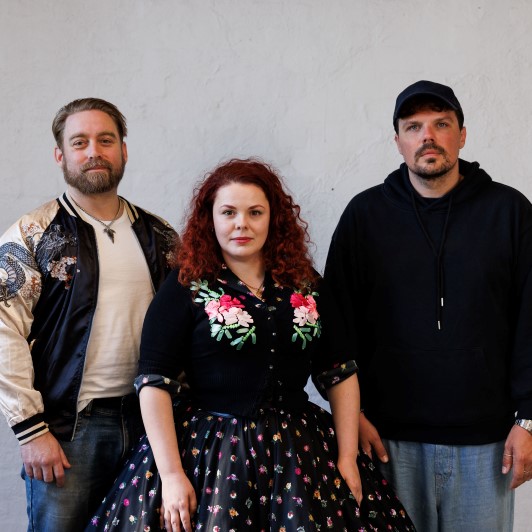Benefits
- Enabling wildfire detection and mitigation through data-informed insights and decision-making.
- Easy to use and intuitive for users not familiar with geographic information systems.
- Focusing on accuracy and latency for end users in critical or vulnerable situations.
- An application that can be integrated with other platforms and social media, and is open to developers for improvement.
Technology
Rather than developing new satellites or specialised artificial intelligence (AI) models for wildfire detection, Zharfire adopts a unique approach that focuses on maximising the effectiveness, usability, and accessibility of existing technology. The company is developing a customisable application built on shared data infrastructure that can process public satellite data to provide wildfire analysis and actionable insights.
High usability is achieved through lightweight, fast server-side objects (i.e. information processed via the server not the user’s device) to achieve spatial or locational data visualisation. Data accessibility is ensured by selecting open common data formats to simplify the processing pipeline and distribution.
Zharfire remains data agnostic, open to various datasets and model development for the best performance outcomes. The company also aims to expand horizontally into applications like deforestation and carbon credits.
Potential markets
Data-focused insurance firms engaged in disaster events and agencies focused on disaster mitigation and prevention. Other markets could include agencies issuing environmental, social and governance (ESG) ratings who value evidence-based carbon credit assessments.
Partnering opportunities
Zharfire is interested in pilot initiatives with innovative companies open to experimentation, university labs seeking spatial data for research, and AI and machine learning developers keen on refining parameters for wildfire risk prediction.







